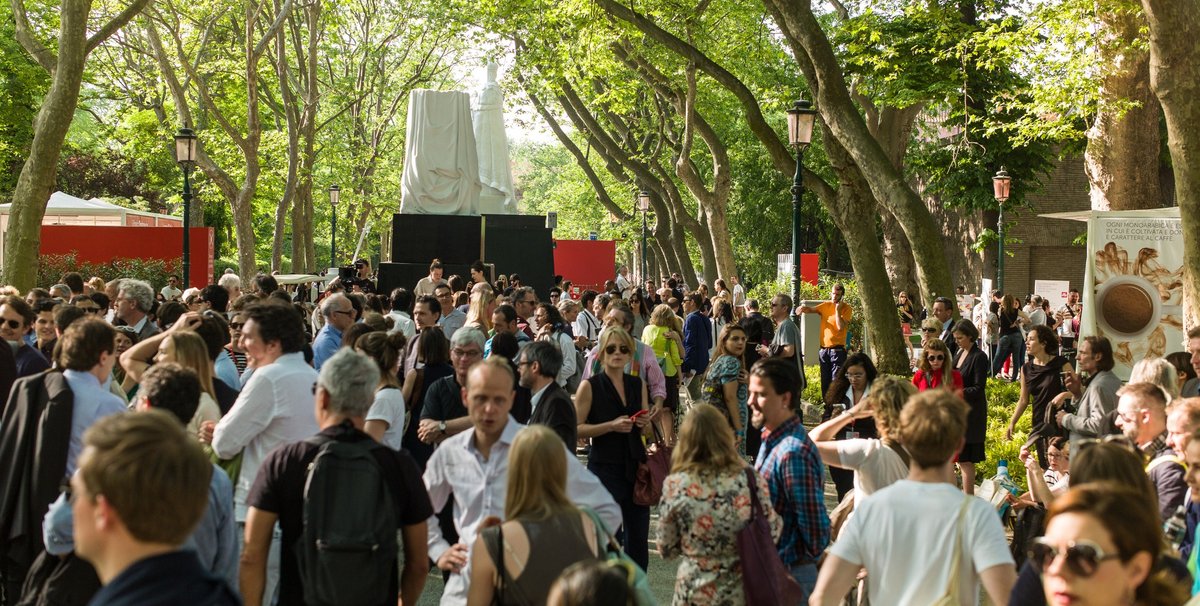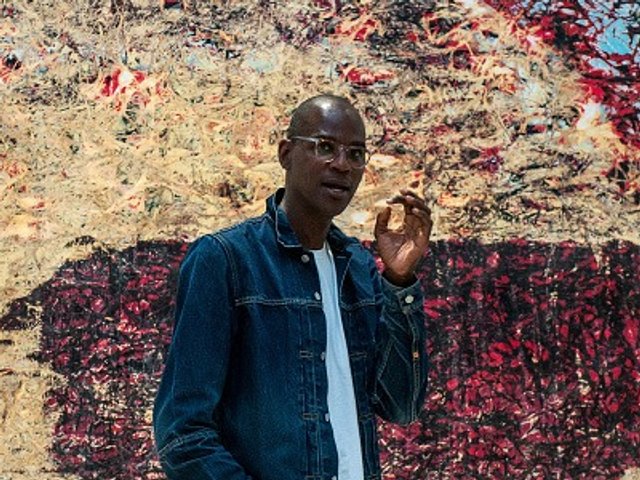Tunisia will have a national pavilion at the Venice Biennale this year for the first time since 1958, presenting a project that focuses on migration and freedom of movement. The project involves Tunisian nationals who will issue visitors with a "travel document" at three locations across the city throughout the Biennale (13 May-26 November).
“The Tunisian pavilion is forgoing the cloak of nationalism in favour of a more global and humanistic narrative. What is fascinating is that this is the only place and time where people can move freely from nation to nation,” says Lina Lazaar, an ex-employee of Sotheby’s, who is curating the initiative called The Absence of Paths. There will be no artists, instead, she says: “Aspirant migrants—individuals aiming to seek out better circumstances—will man the pavilion.”
The document, which will be produced by a company that makes official travel documentation, will be issued at three sites: a historic outdoor checkpoint that was used by the navy to control access to the Arsenale shipyard; a 19th-century municipal kiosk on the crossing of Via Garibaldi, between the Arsenale and the Giardini; and a central issuing centre in the Sale d'Armi building inside the Arsenale.
These three points form Tunisia’s “triangular pavilion”, Lazaar says, stressing that two of these sites are outside the official perimeter of the Biennale as “it is meant to be accessible to as many people as possible”.
A parallel online project, due to launch 10 April, will feature texts and videos linked to the Venice pavilion. “This interactive online platform will gather film, text, audio, photography, and recipes from a wide-range of thinkers and makers, from astronauts to artists. The idea is to showcase as many perspectives on migration as possible, with the underlying theme that we are all human, and thus, all migrants,” Lazaar says.
The Tunisian presidency and Ministry of Cultural Affairs have endorsed the project, which is also supported by private patrons.




